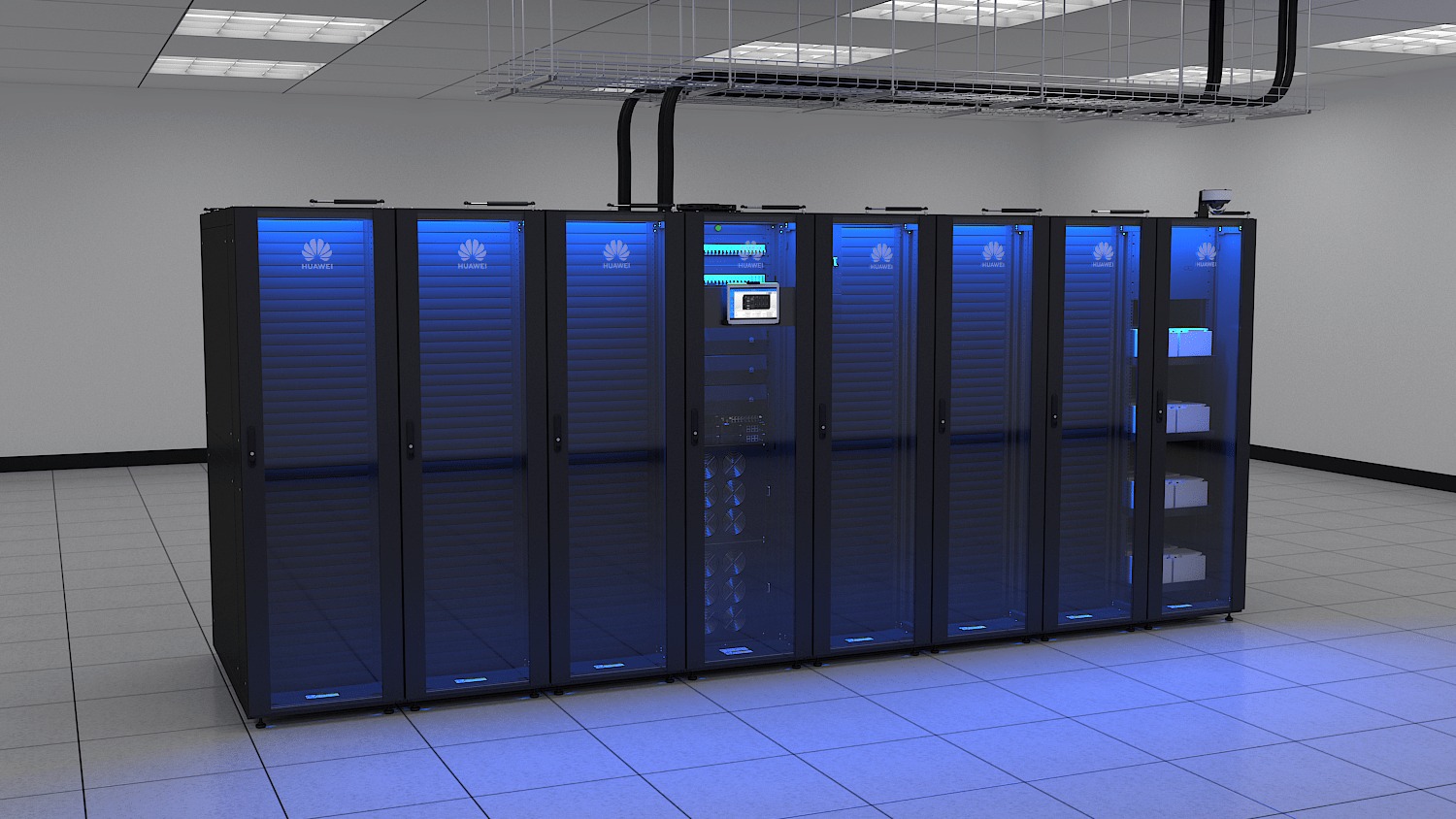Application analysis of intelligent micro-modular data centers in high-altitude remote areas:

In high-altitude remote areas, the application of intelligent micro-modular data centers offers several significant advantages and solutions. These regions often face challenges such as unstable power supply, harsh weather conditions, and underdeveloped communication networks. Intelligent micro-modular data centers can provide efficient, stable, and reliable information technology support under such conditions. Below are some key factors for analyzing the application of this technology:
1. Flexibility and modular design: Intelligent micro-modular data centers are typically composed of a series of prefabricated modules that can be combined and expanded as needed. This flexibility allows the data centers to adapt to different geographical environments and project scales, facilitating rapid deployment and relocation when required.
2. Energy efficiency and environmental friendliness: High-altitude regions often have lower temperatures, and intelligent micro-modular data centers can adopt energy-efficient designs, such as optimized cooling systems and low-energy consumption equipment, to reduce energy consumption. Additionally, renewable energy sources such as solar and wind power have potential applications in these areas, providing eco-friendly power solutions for the data centers.
3. Automation and intelligence: Intelligent micro-modular data centers are equipped with smart monitoring systems that can continuously monitor parameters such as temperature, humidity, and energy consumption. Data analysis enables real-time predictions and optimizations, enhancing system stability and reliability. Remote management and automation features also reduce the need for on-site maintenance, lowering operational costs.
4. Disaster resilience and security: Remote areas are often vulnerable to natural disasters. The application of intelligent micro-modular data centers involves well-planned designs and systems that offer enhanced disaster resilience. Furthermore, physical security measures and intelligent monitoring systems help mitigate the risk of damage and security threats to the data centers.
5. Data storage and processing: In high-altitude remote areas, network connectivity may be unstable. However, certain applications require real-time data transmission and processing. Intelligent micro-modular data centers can deploy local data storage and processing capabilities to ensure timely handling and protection of critical data while reducing reliance on remote data centers.
6. Overall cost-effectiveness: Although intelligent micro-modular data centers may require higher initial investments, their long-term operation brings about cost-effectiveness due to energy efficiency, flexible deployment, and automated management advantages. This cost-effectiveness is particularly evident in projects that require frequent migration or temporary deployment.
In conclusion, the application of intelligent micro-modular data centers in high-altitude remote areas provides reliable support for information technology infrastructure, meeting local needs for data storage, processing, and communication. It brings advantages such as energy efficiency, environmental friendliness, flexibility, among others. However, careful planning and design tailored to specific scenarios are essential before implementation.
Contact: Albert Shu
Phone: 19710409880
Tel: 400-1177-032
Email: 19710409880@139.com
Add: Room A781, No. 2 Dingjiashan Road, Dachang Street, Jiangbei New District, Nanjing City, Jiangsu Province, China